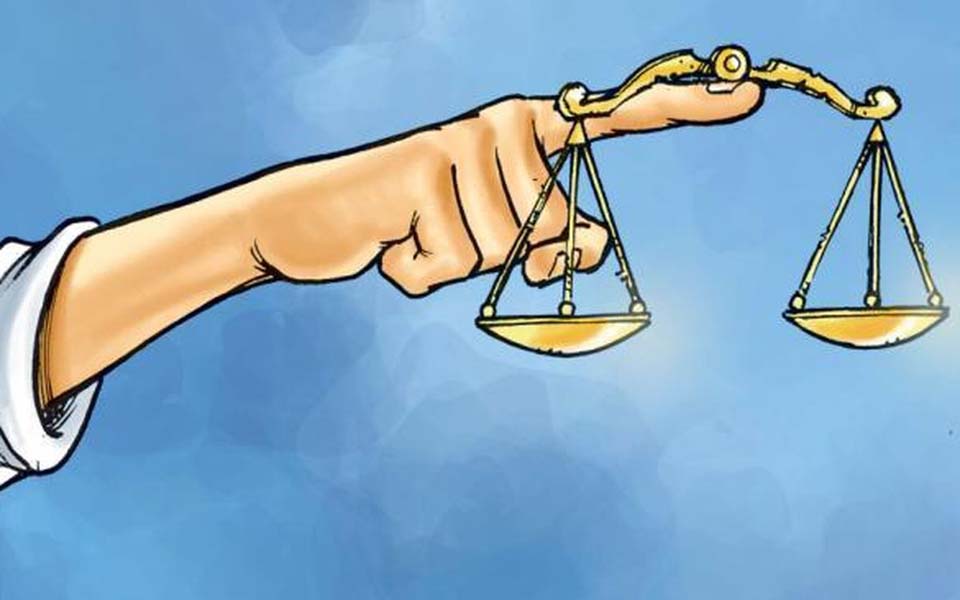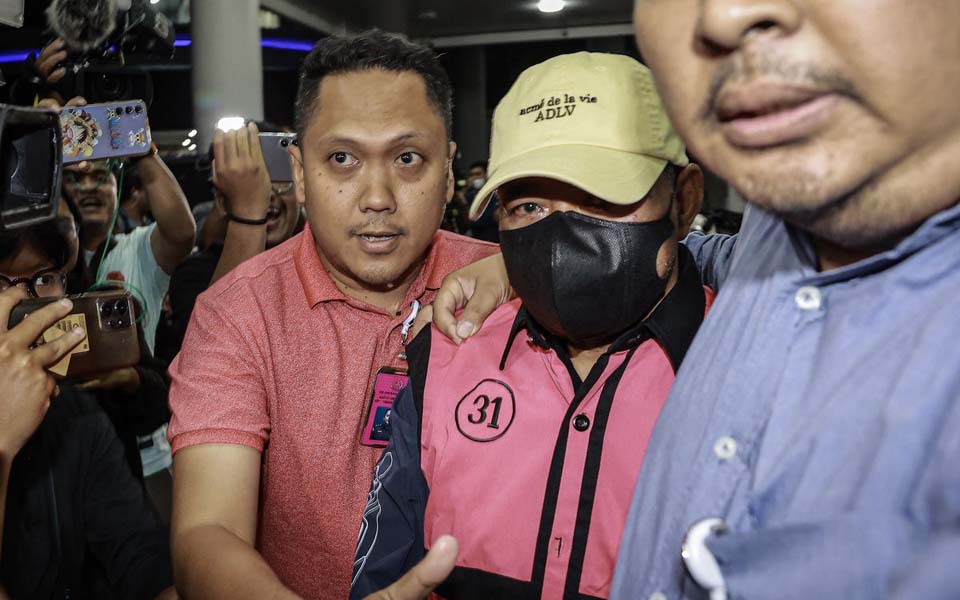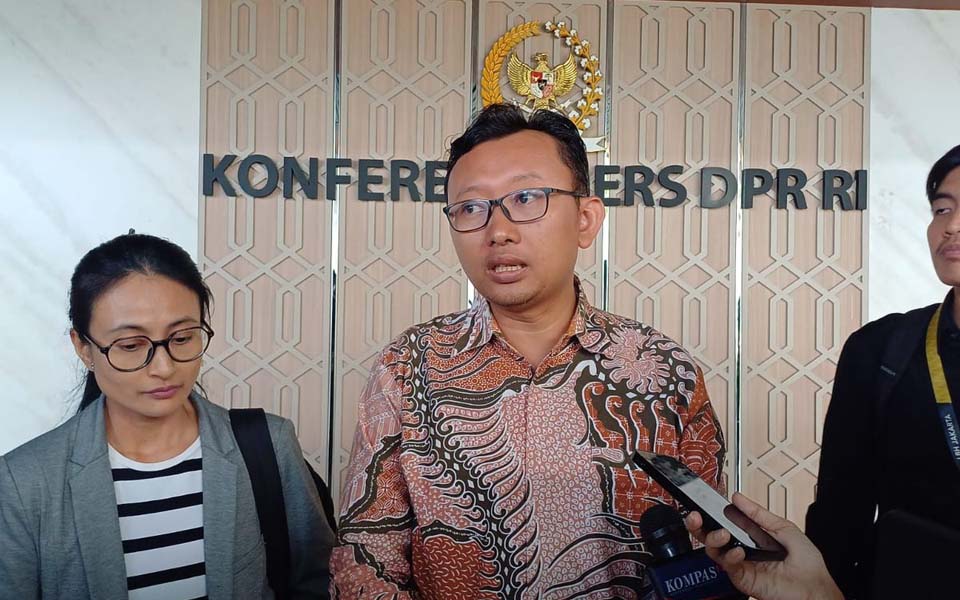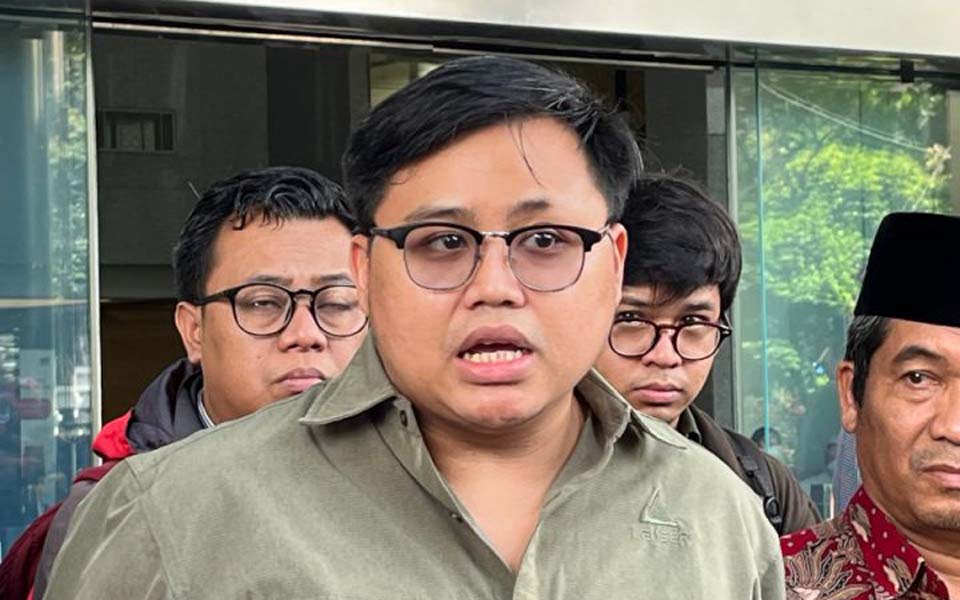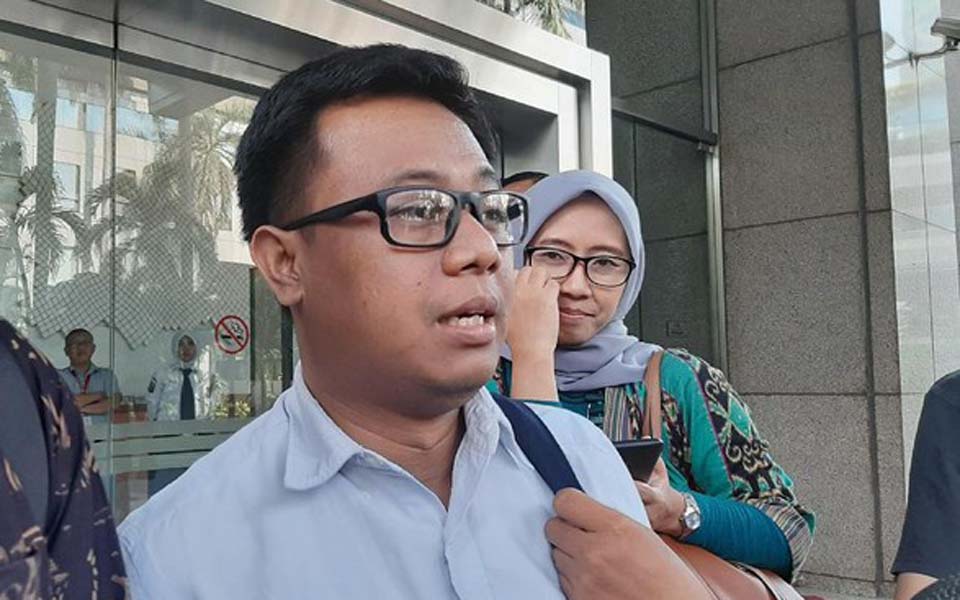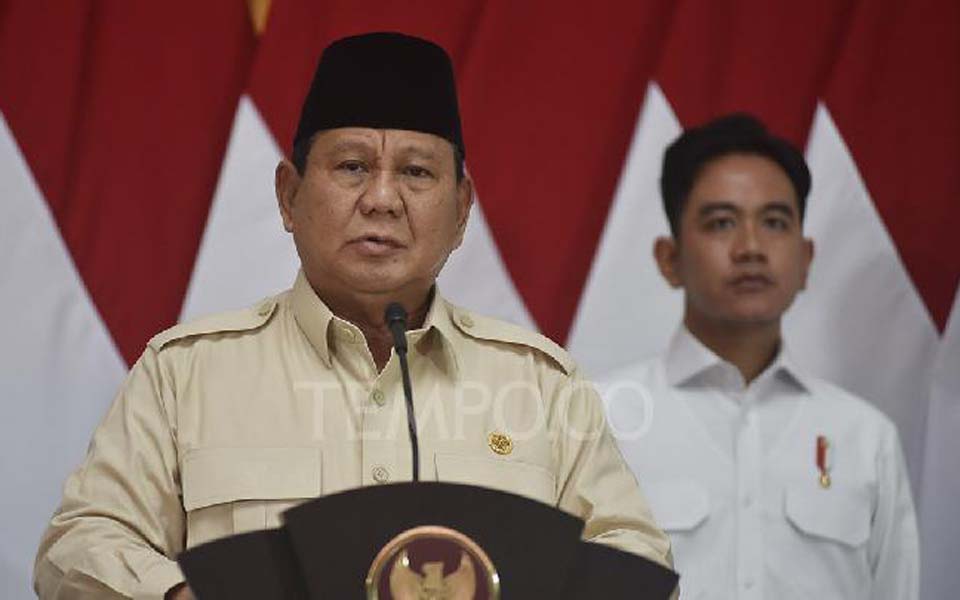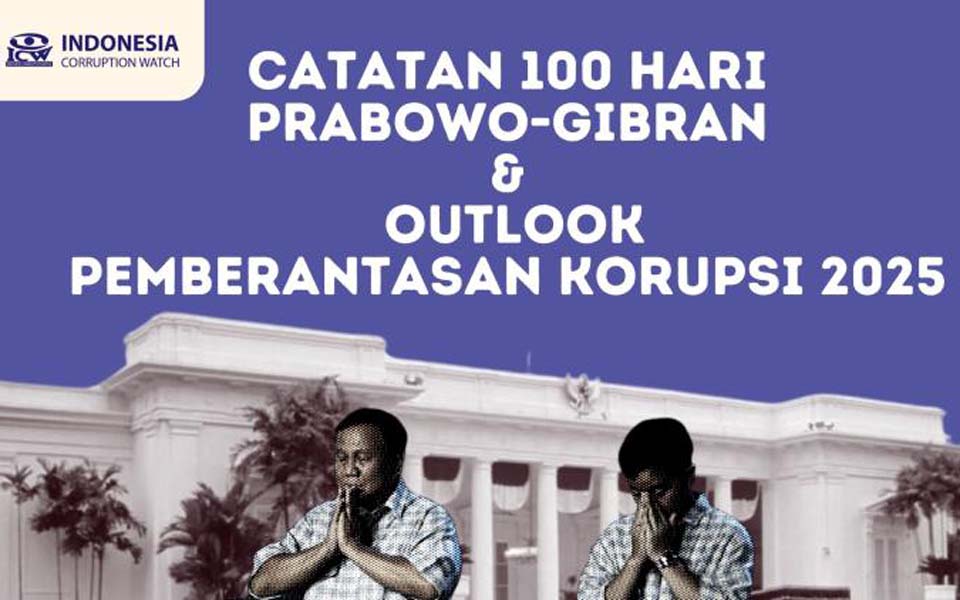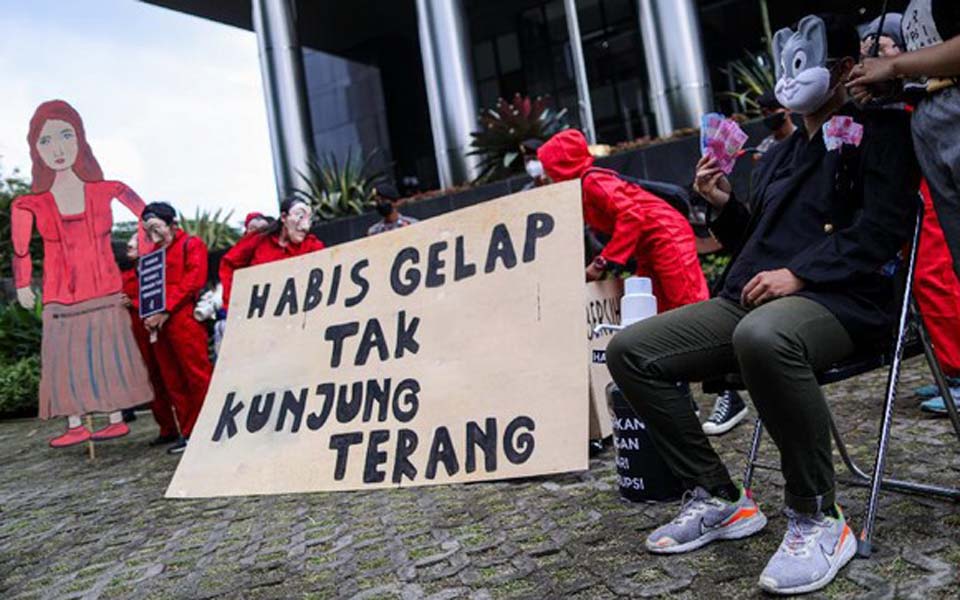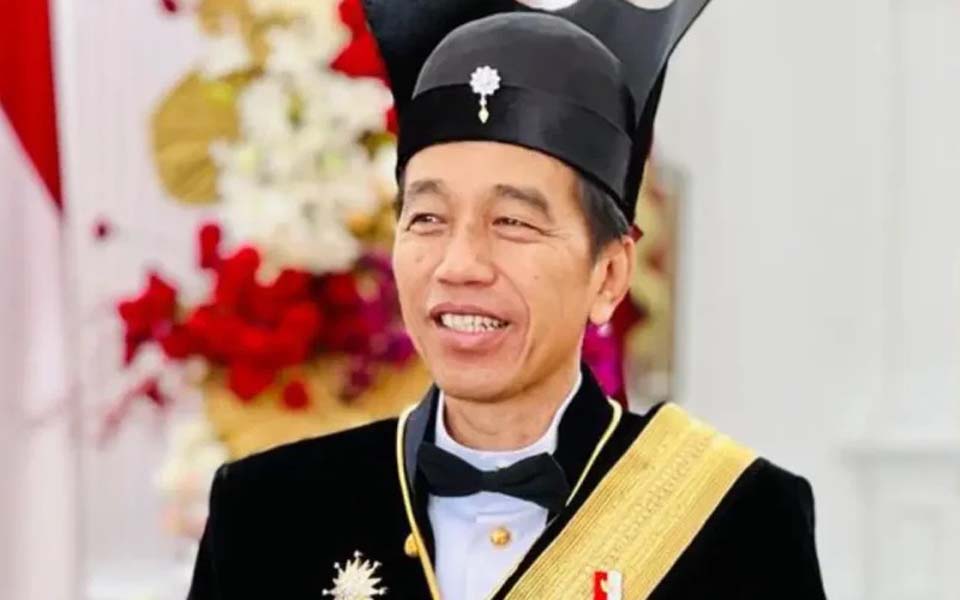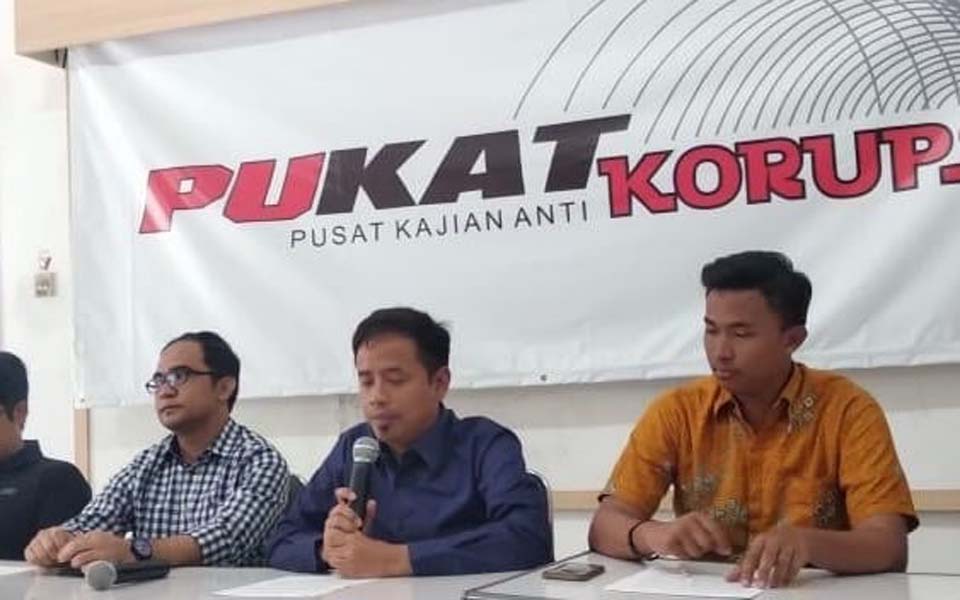Haryanti Puspa Sari, Bagus Santosa, Jakarta – Indonesian Legal Aid Foundation (YLBHI) General Chairperson Muhammad Isnur has emphasised that granting amnesty or abolition to corruptors on the condition that that they compensate for state losses is contrary to the principles of justice.
Isnur stated that corruption is an extraordinary crime that can damage the public's sense of justice. "This is very contrary to the principle in which corruption is an extraordinary crime so that of course this will damage the public's sense of justice", Isnur said when contacted by Kompas.com on Monday December 23.
Furthermore, Isnur explained that corruptors would not be able to restore state losses, both in the form of money, the environment or socially.
"If the losses are not in the form of money, can they (the corruptors) restore the pits of damaged mines? Can they return the many children who [drowned and] died because of the [flooded] mining pits?" he said.
Isnur stressed that if the President Prabowo Subianto wants to show firmness in eradicating corruption, then the punishment imposed on corruptors must be as severe as possible because of the harm and suffering it causes the ordinary people.
"The impact is taking the lives of many people, people are unable to get a job, many people have accidents due to road [construction] corruption, many people cannot go to school", he said.
"So it is contrary to the principle of justice, with the principle of the protection of citizens, it is contradictory (amnesty for corruptors)", he continued.
He also suggested that it would be better if the government discuss and ratify the Draft Law (RUU) on Asset Depravation rather than giving amnesty to corruptors.
"If you want, first the ratification of the asset deprivation law. First seize the assets of all corruptors, impoverish them", said Isnur.
As quoted by Kompas.id, Coordinating Minister for Legal Affairs, Human Rights, Immigration and Correctional Institutions Yusril Ihza Mahendra revealed that there is a possibility that thousands of corruptors will be given amnesty or abolition by the current government, on the condition that they compensate for state losses.
"Now, so what is being reviewed by ministers, primarily (Minister of Law) Pak [Mr] Supratman [Andi Agtas], yes. That the president's plan is to give amnesty to corruptors who voluntarily return the assets or state money they corrupted", Mahendra explained at his office on Friday December 20.
This amnesty does not just apply to corruptors who have been sentenced by the courts, but also for those who are still in the legal process of alleged corruption. If abolition is given by the president, then the prosecution of the case can be cancelled.
Prabowo first delivered the statement about giving amnesty to corruptors during a meeting with Indonesian students at the Al-Azhar University in Egypt on Wednesday December 18.
Mahendra also revealed that the number of prisoners that could obtain amnesty or abolition could run into the thousands, although most of those who would get amnesty were those involved in drug cases. "These involved in corruption are only a few thousand. The majority are narcotics [cases]", he said.
The plan to give amnesty or abolition to prisoners was first revealed by Agtas at the Presidential Palace complex on December 13. At that time, he mentioned that around 44,000 prisoners would receive clemency without mentioning a special plan for corruptors.
Clemency will only given to those who were involved in cases of insulting the head of state, narcotics users, chronically ill prisoners and prisoners related to Papuan cases.
Mahendra stressed that the granting of amnesty or abolition for corruptors does not violate the Constitution. The 1945 Constitution stipulates that the president can give clemency, amnesty, abolition, and rehabilitation with consideration from the House of Representatives (DPR).
He also referred to previous Indonesian presidents who had given amnesty, as during the eras of presidents BJ Habibie and Abdurrahman Wahid (Gus Dur).
During the BJ Habibie presidency, amnesty was given to all those who was involved in politics and were convicted because they were at odds with the New Order regime of former president Suharto.
Then, in the era of Indonesia's 4th president Abdurrahman Wahid, abolition and amnesty were given to the rebels from the Free Aceh Movement (GAM) in Aceh.
Mahendra added that amnesty and abolition will be regulated using a presidential decree (Keppres) under which it will state that whoever is involved in corruption but returns state losses shall be declared forgiven.
In the context of civil society concerns regarding the loss of the deterrent effect due to this amnesty policy, Mahendra stated that the current criminal paradigm no longer emphasises a deterrent effect, but instead focuses on corrective, restorative and rehabilitative justice.
Law enforcement in corruption, according to Mahendra, must be able to bring benefits and produce economic improvements.
[Translated by James Balowski. The original title of the article was "Soal Amnesti untuk Koruptor, YLBHI: Bertentangan dengan Asas Keadilan".]





